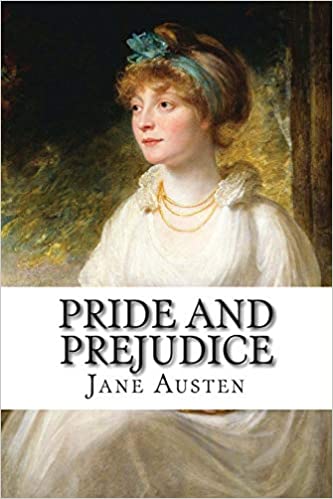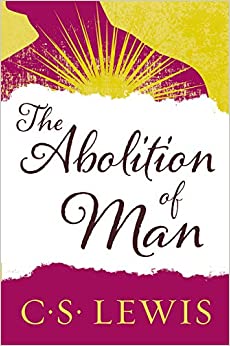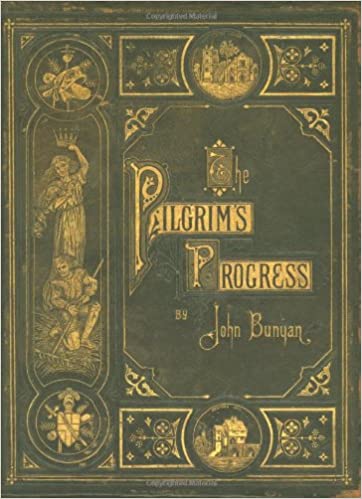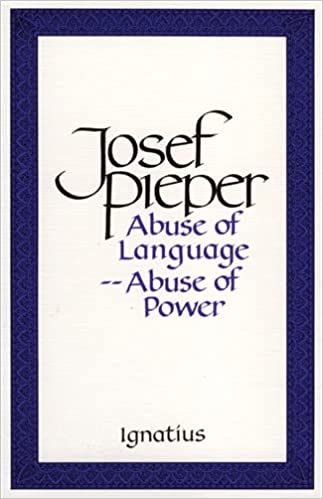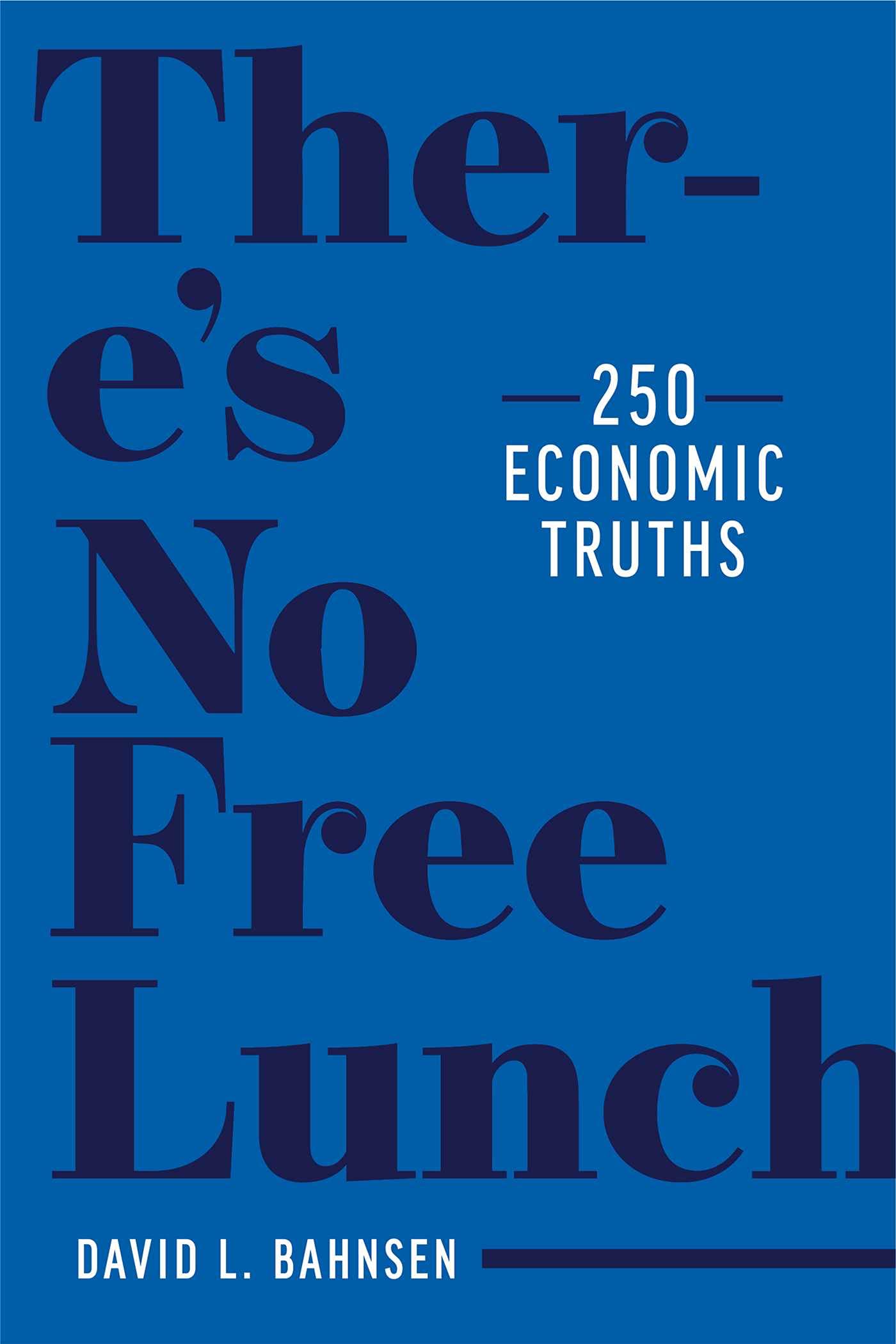Pride and Prejudice
Pride and Prejudice is a novel of manners by Jane Austen, first published in 1813. The story follows the main character, Elizabeth Bennet, as she deals with issues of manners, upbringing, morality, education, and marriage in the society of the landed gentry of the British Regency. Elizabeth is the second of five daughters of a country gentleman living near the fictional town of Meryton in Hertfordshire, near London.
Set in England in the early 19th century, Pride and Prejudice tells the story of Mr and Mrs Bennet's five unmarried daughters after the rich and eligible Mr Bingley and his status-conscious friend, Mr Darcy, have moved into their neighbourhood. While Bingley takes an immediate liking to the eldest Bennet daughter, Jane, Darcy has difficulty adapting to local society and repeatedly clashes with the second-eldest Bennet daughter, Elizabeth.
Though Austen set the story at the turn of the 19th century, it retains a fascination for modern readers, continuing near the top of lists of "most loved books." It has become one of the most popular novels in English literature, selling over 20 million copies, and receives considerable attention from literary scholars. Modern interest in the book has resulted in a number of dramatic adaptations and an abundance of novels and stories imitating Austen's memorable characters or themes.
More info →The Abolition of Man
From Amazon: "In the classic The Abolition of Man, C.S. Lewis, the most important Christian writer of the 20th century, sets out to persuade his audience of the importance and relevance of universal values such as courage and honor in contemporary society. Both astonishing and prophetic, The Abolition of Man is one of the most debated of Lewis's extraordinary works. National Review chose it as number seven on their 100 Best Nonfiction Books of the Twentieth Century."
More info →The Pilgrim’s Progress
Boasting 860 pages, Bunyan's compilation has been meticulously reproduced from a 125 year old manuscript, keeping its vintage double-column format, large print, and font. A rare keepsake worthy of any library, this edition of Pilgrim's Progress includes these five classics by John Bunyan.
- THE HOLY WAR (Page 377 - 684) A discourse of trial made by Shaddai upon Diabolus, for the Regaining the Metropolis of the World; or, the losing and taking again of the Town of Man-soul.
- GRACE ABOUNDING TO THE CHIEF OF SINNERS (Page 685 - 688) A detailed and faithful account of the Life of John Bunyan including his imprisonment, recovery and conversion to becoming a faithful follower of Jesus Christ.
- THE IMPRISONMENT AND RELEASE OF JOHN BUNYAN (Page 689 - 703) --includes dialgoue with Dr. Lindale and the Justices; examination by the Justices, and by Mr. Cobb, the clerk of the peace; interview with his wife and Judge Hale.
- BUNYAN'S DYING SAYINGS (Page 704 - 767) --Of sin; of affliction; repentance and coming to Christ; of prayer; Lord's day and daily duties; love of the world; of suffering; death and judgment; the joys of heaven and torments of hell.
- CHRISTIAN BEHAVIOUR; (Page 768 - 800) thoughts concerning true Christianity and how to walk so as to please God.
Also included are footnotes, commentary, and Scripture references missing in the small paperback editions of Pilgrims Progress.
Bunyan's Pilgrim's Progress with featured writings is the size of a family Bible. It is dressed in a golden-embossed hard cover with gold-tipped, parchment-like paper and satin ribbon bookmark. Fine art quality, full color as well as black and white illustrations are found throughout.
More info →Abuse of Language, Abuse of Power
One of the great Catholic philosophers of our day reflects on the way language has been abused so that, instead of being a means of communicating the truth and entering more deeply into it, and of the acquisition of wisdom, it is being used to control people and manipulate them to achieve practical ends. Reality becomes intelligible through words. Man speaks so that through naming things, what is real may become intelligible. This mediating character of language, however, is being increasingly corrupted. Tyranny, propaganda, mass-media destroy and distort words. They offer us apparent realities whose fictive character threatens to become opaque. Josef Pieper shows with energetic zeal, but also with ascetical restraint, the path out of this dangerous situation. We are constrained to see things again as they are and from the truth thus grasped, to live and to work.
More info →There’s No Free Lunch: 250 Economic Truths
The best way to defend the cause of human flourishing against this current onslaught of dangerous economic thinking is to relearn time-tested economic truths.
The verdict is in: Free enterprise has lifted billions of people out of abject poverty all over the world and provided a higher quality of life than has ever been thought possible. But a growing case is forming in public opinion against free markets, and for a significantly larger command & control management of the economy. Whether you call it socialism or progressive leftism, more and more people are turning away from the forces of freedom and social cooperation that made the last two hundred years of prosperity possible, and embracing a system that deprives human beings of their dignity, impoverishing whole societies both financially and spiritually.
What David Bahnsen does here is pull from the masters—the great economic voices of the past and the present—to remind readers of the basic economic truths that must serve as our foundation in understanding the challenges of today. In 250 vital points, he combines pearls of wisdom from economic legends with his own careful commentary to provide readers the perspective, information, and reaffirmation they need in order to see economics for what it is. It will empower you and equip you with the truth—250 truths—that are crucially needed to keep the lights on in civilization and advance the cause of human flourishing.
More info →
